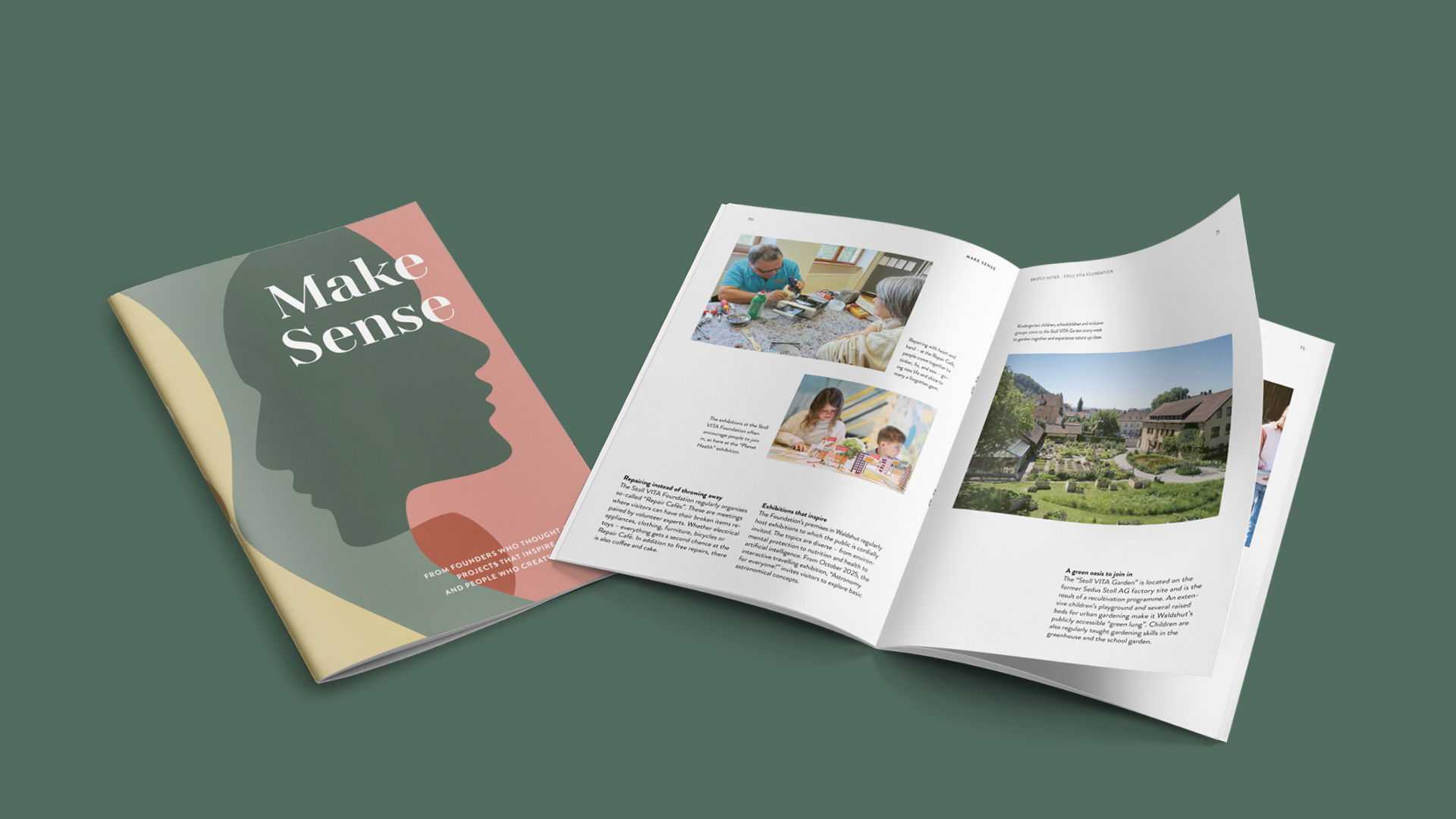Straßenkinder e. V. was founded in Berlin in 2000 and has made it its primary task to support children, who are in need of help, in various ways. A large part of this mission is to get street children off the streets as quickly as possible and reintegrate them into society. However, this also includes prevention measures, support through educational programmes and the integration of refugees. The Karl Bröcker Foundation supports the #dranbleiben project because it exemplifies the foundation’s purpose: to open up life prospects for young people where systems often fail. The experiences of the employees in the project show how vulnerable, but also how powerful, these phases of life can be. When trust grows again, when hope germinates, when young people find the courage to face difficult paths, then this is not just an individual success – it is a signal of the effectiveness of humanity and persistence.
In an interview with Markus Kütter, board member of Straßenkinder e. V., we find out more about the #dranbleiben project and how crises can be turned into opportunities.
What does your daily work with young people look like in concrete terms – where does the project start?
The project focuses directly on the reality of young people’s lives. We pick them up where they are and help them to take the next steps. At the beginning, many just want a warm meal or a sleeping bag. Eventually, they realise that we genuinely care and are there for them. For many, this is the starting point of the project.
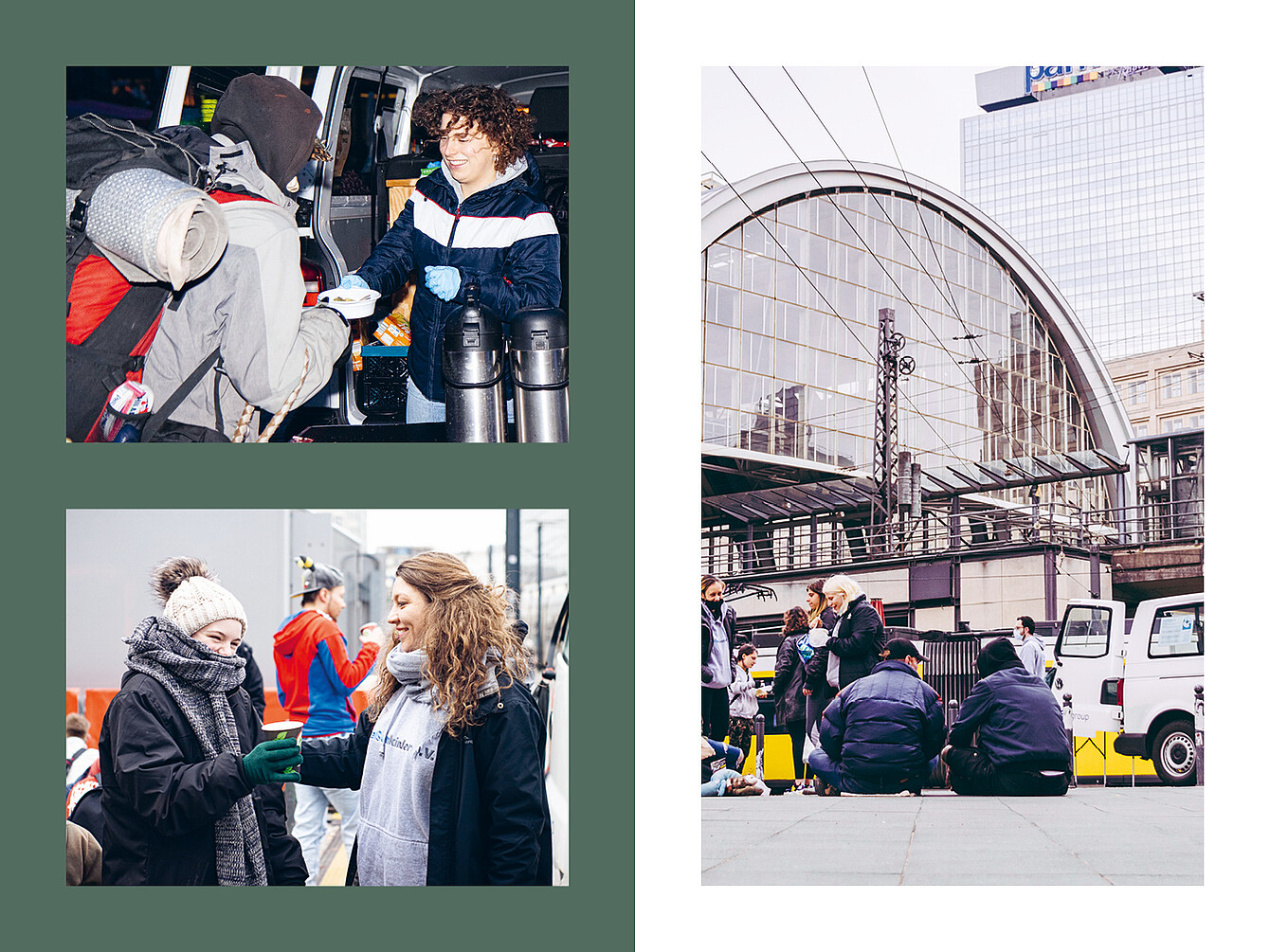
One focus of the work of Straßenkinder e. V. is street social work. The great and real danger for young people is that they will not be able to make their way back from the streets.
The organisation estimates that there are at least 6,500 underage street children nationwide.
What distinguishes #dranbleiben from other projects in the field of youth welfare or crisis intervention?
We take a holistic and relationship-orientated approach. Many have had bad experiences with the help system, starting with their parents and experiencing numerous relationship breakdowns. They have to learn to trust again. We give them time to do this and provide them with what they need in the meantime until they open up and find the strength to go through the help process with us.
Crisis interventions tend to be short-term measures to avert (life-) threatening situations, but they cannot have a lasting effect and are simply one-off measures. With us, the individual building blocks work together like gears, which should ultimately enable them to live a self-determined and self-financed life.
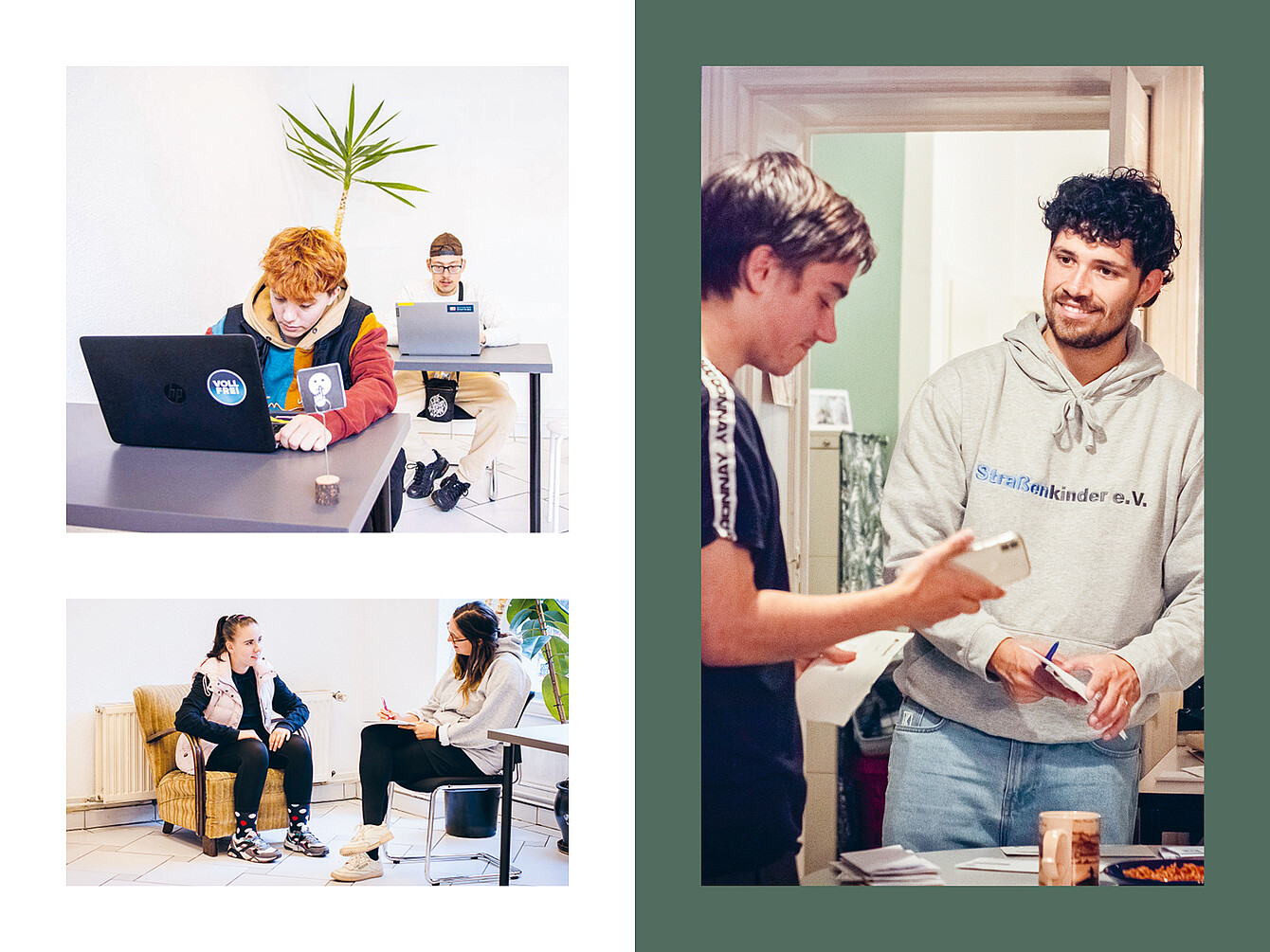
The coworking space offers young people the chance to write job applications, find a flat and gradually become more independent.
The team at Straßenkinder e. V. provides intensive care for minors. They take the children’s problems seriously and listen attentively in order to build a trusting relationship with them.
Many of the children and young people looked after by the organisation have never received a home-cooked, warm meal from their parents.
How do you experience the change in the young people over the course of their care?
Many have lost faith in themselves and a hope for a better future. They have also often given up on their dreams. We offer them hope. At some point, they begin to believe in themselves again, in a better future and find the courage to face painful processes. They develop a zest for life and regain the belief that their lives can succeed again. They celebrate successes that motivate them to carry on.
Straßenkinder e. V. is supported by project sponsors such as the Karl Bröcker Foundation. How important is cooperation with foundations for your organisation?
We are 95% funded by donations and cooperation with foundations is vital to our survival. Without this financial support, we would not be able to do much of our valuable work. These funds enable us to get children off the streets and provide them with long-term support. We are also grateful for the collaborative partnership and the input that comes with it. Only together can we turn around the plight of many children and for this we thank the Karl Bröcker Foundation from the bottom of our hearts.
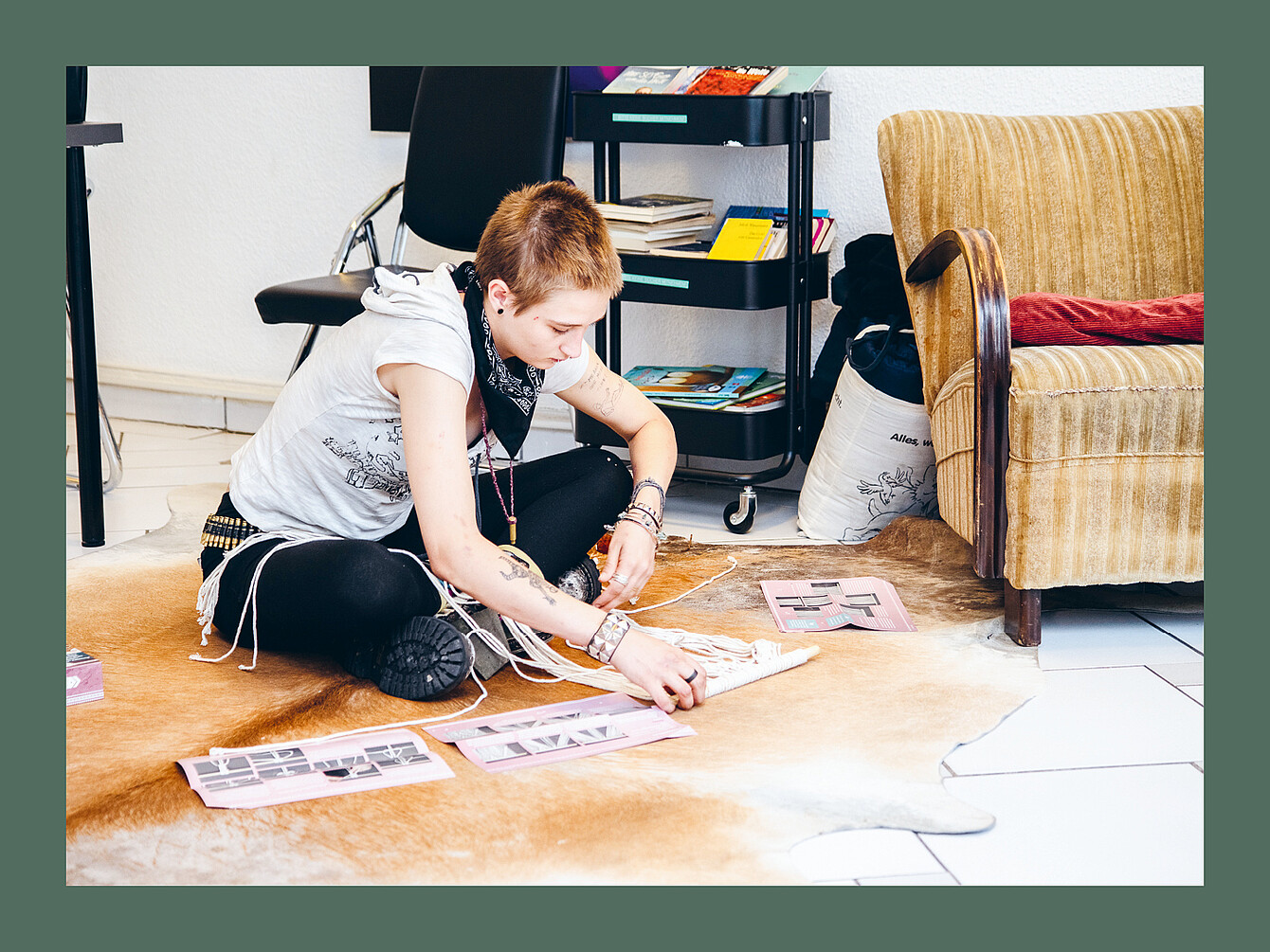
Was there a special experience or a success story that you particularly remember?
Many of the young people we accompany have had to live through terrible things in their early childhood. One example is Nina. She is 15 years old and has been living on the streets for over a year. Her arms are marked by what she had already experienced in her early years. She told us about times when she stayed awake all night to avoid having to sleep outside. Her story is a reflection of what drives young people to live on the streets. It often leads to a cycle of further trauma, self-harming behaviour and substance abuse. Together with Nina, we managed to arrange an appointment with the youth welfare office to look for a suitable form of accommodation for her. Even the thought of such appointments made Nina feel very uneasy. But after the appointment, she actually said to us: “I was looking forward to an appointment for the first time today! And now I have even managed to go.” A first step had been taken together.
The second step was to visit a therapeutic residential group. Nina was very nervous on the way there. She talked again about disturbing experiences and her desire to finally have a home. In a conversation with the psychologist on site, Nina was asked whether it was difficult for her to never have a place to retreat to. She replied: “Yes. I only had a place to shelter again when I went to Straßenkinder e. V. for the first time. I was able to come down and relax here.”
We stay on the ball with Nina and accompany her through all the next steps she has to take to get a place in the residential group.
Do you want to find out more about the project?
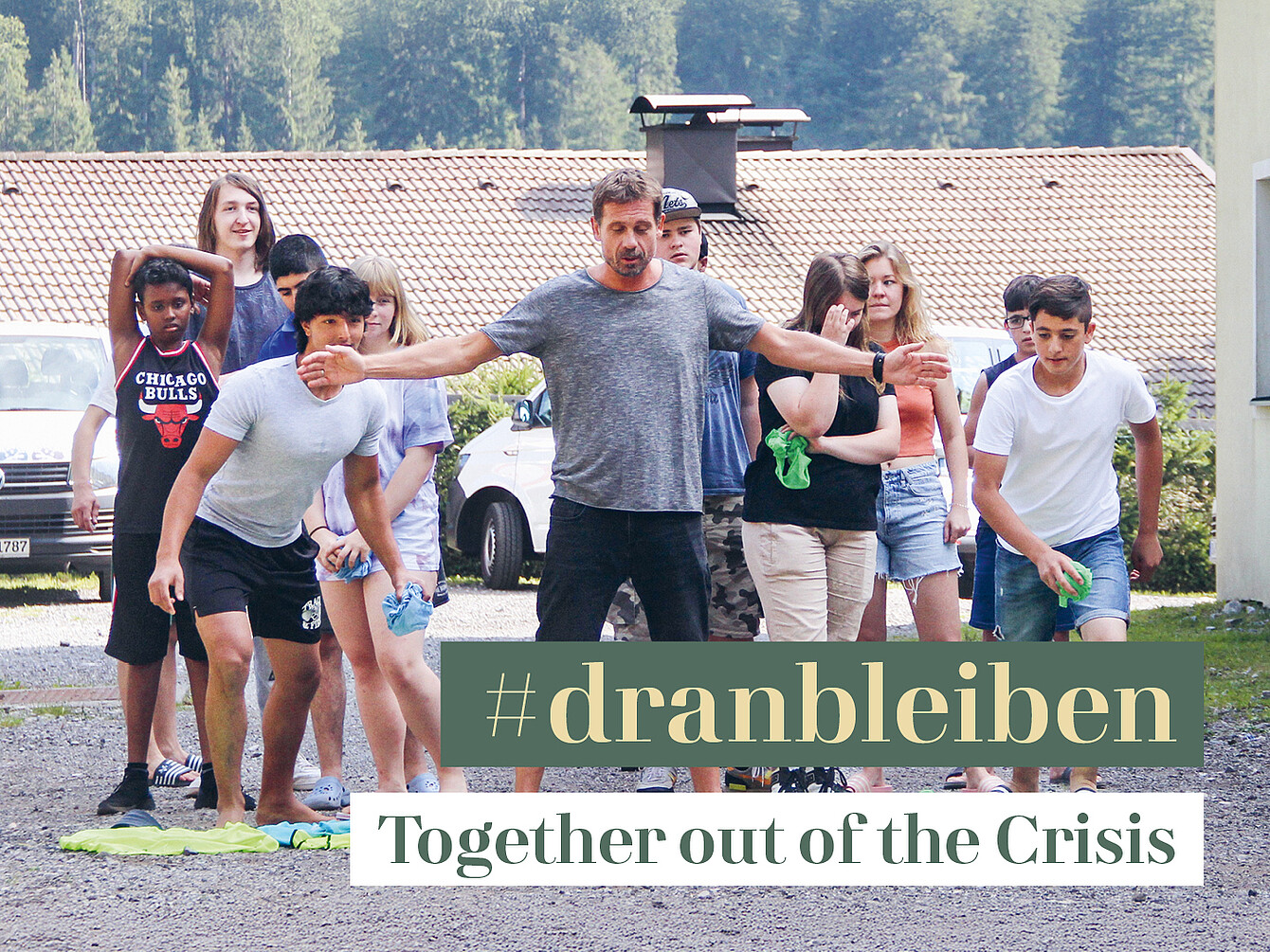
Markus Kütter, board member of Straßenkinder e. V., devotes much of his time to supporting young people. He is passionate and fully committed to the cause.
social media channels:
